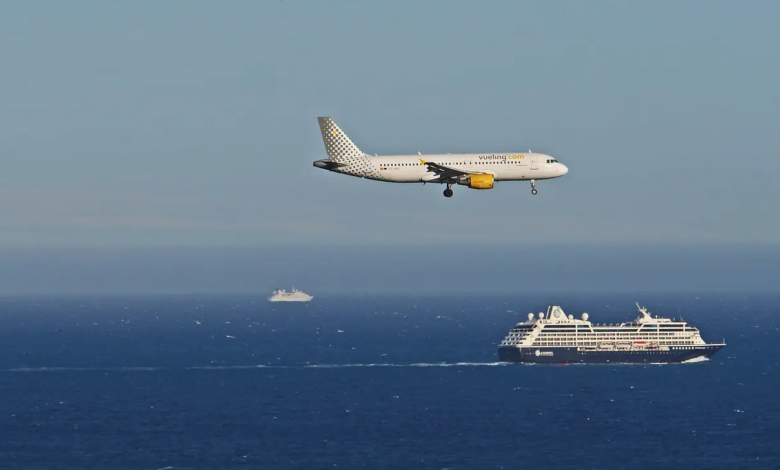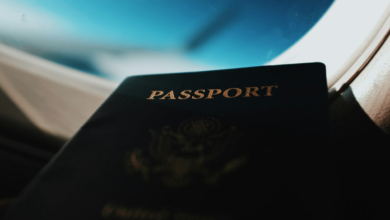The EU also places transport in green taxonomy. But so saves fossils

The inclusion of transport in green taxonomy is in public consultation from April 5 for 4 weeks
(sustainabilityenvironment.com) – Ships and planes are included in the list of investments considered sustainable by the EU. But with criteria that allow loopholes and greenwashing for industry and industry operators. One choice, that of Brussels to include the transports in the green taxonomy with a new delegated act, that it has made to raise an eyebrow to various member states beyond that specialized NGOs.
According to the proposal, published on 5 April with the start of the public consultation phase, some investments in aviation leasing, production and passenger and freight flights, if they meet certain criteria, can be considered sustainable and, Thus, become more attractive to investors. Ditto for determined investments in order to return the ships more efficient.
What does the inclusion of transport in green taxonomy entail?
The delegated act, for instance, grants approval for the manufacture of aircraft that emit no carbon dioxide at all or that emit carbon dioxide at levels below those established by the International Civil Aviation Organization for new aircraft. With the restriction that starting in 2028, all of these aircraft must also be able to run on sustainable fuels.
The shipping industry is included in the green taxonomy, which gives the designation “green” to any ship that emits no direct CO2 or exhibits a low intensity of gas greenhouse for each unit of energy consumed and meets minimal standards of energy efficiency. To this a third option is added: to exceed by 20% the lines of reference EEDI (an index of the energy efficiency of the design) in accordance with the International Maritime Organization’s rules valid as of 1 April 2022.
In this way, the Commission hopes to reduce emissions from shipping and aviation in the near future while also encouraging the development of new technologies and sustainable fuels.
Green-painted fossils
Nevertheless, these standards will just extend the life of fossil fuels, contends the Group Transport & Environment. For instance, T&E calculates that 90% of Airbus’ present order book and roughly one-third of Ryanair’s projected fleet would satisfy these requirements in the aviation industry. The real impact of this propulsion method is not calculated in the naval field because ships are not included in Gnl. These ships appear to emit less CO2 than those powered by traditional fuels. But not if you include in downstream pollutants and methane. It frequently makes LNG “worse for the climate than the traditional fuels it replaces,” the Group notes.
Read also Is route 1.5°C for aircraft? Halving emissions by 2035
“The inclusion of polluting aircraft and ships is the nail in the coffin of the EU Taxonomy. If planes going to oil and ships going to gas are now considered sustainable, there is little hope for Taxonomy. European legislators must vote against this measure and save what remains of it”, comments Faig Abbasov, director of the naval sector of T&E.





